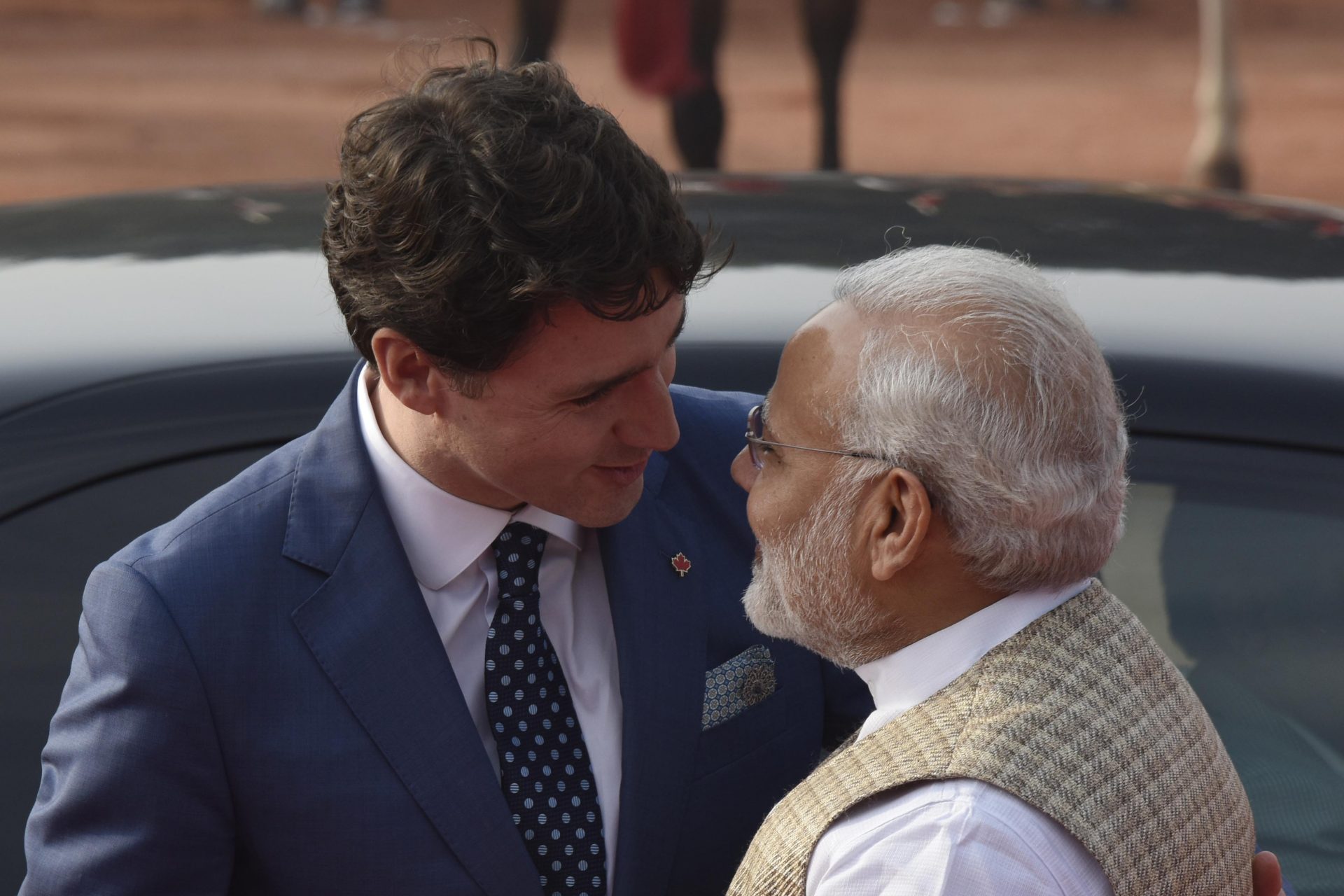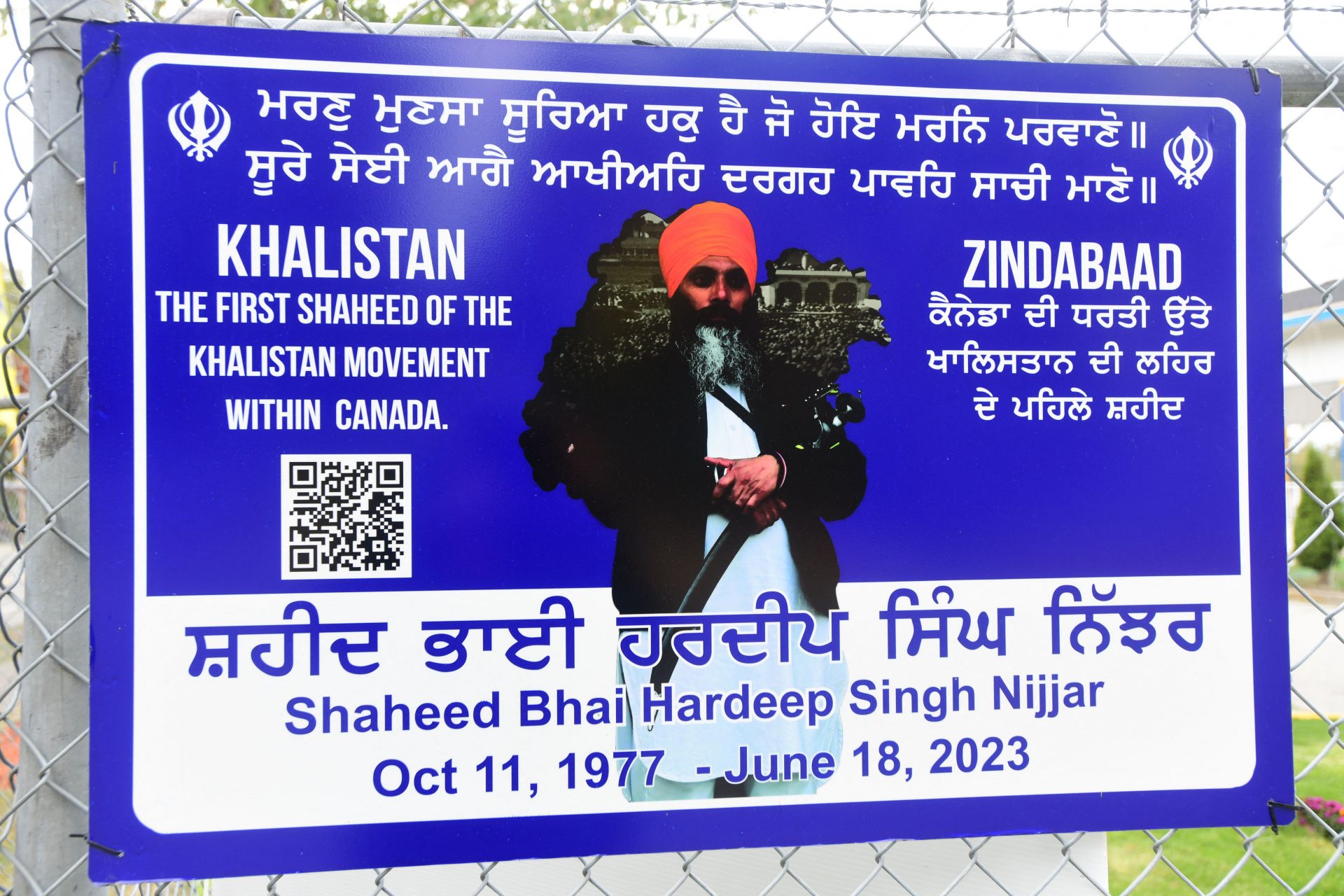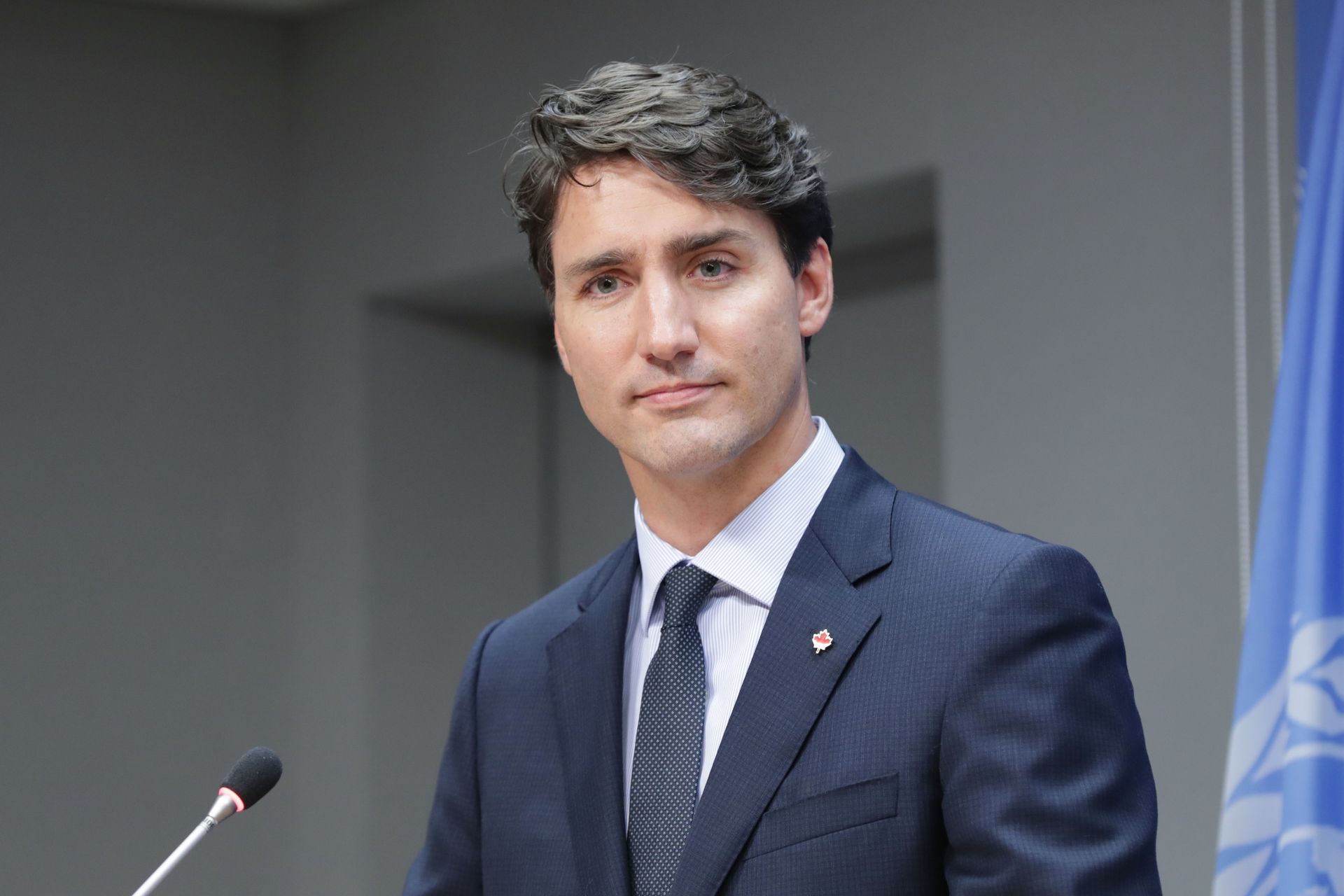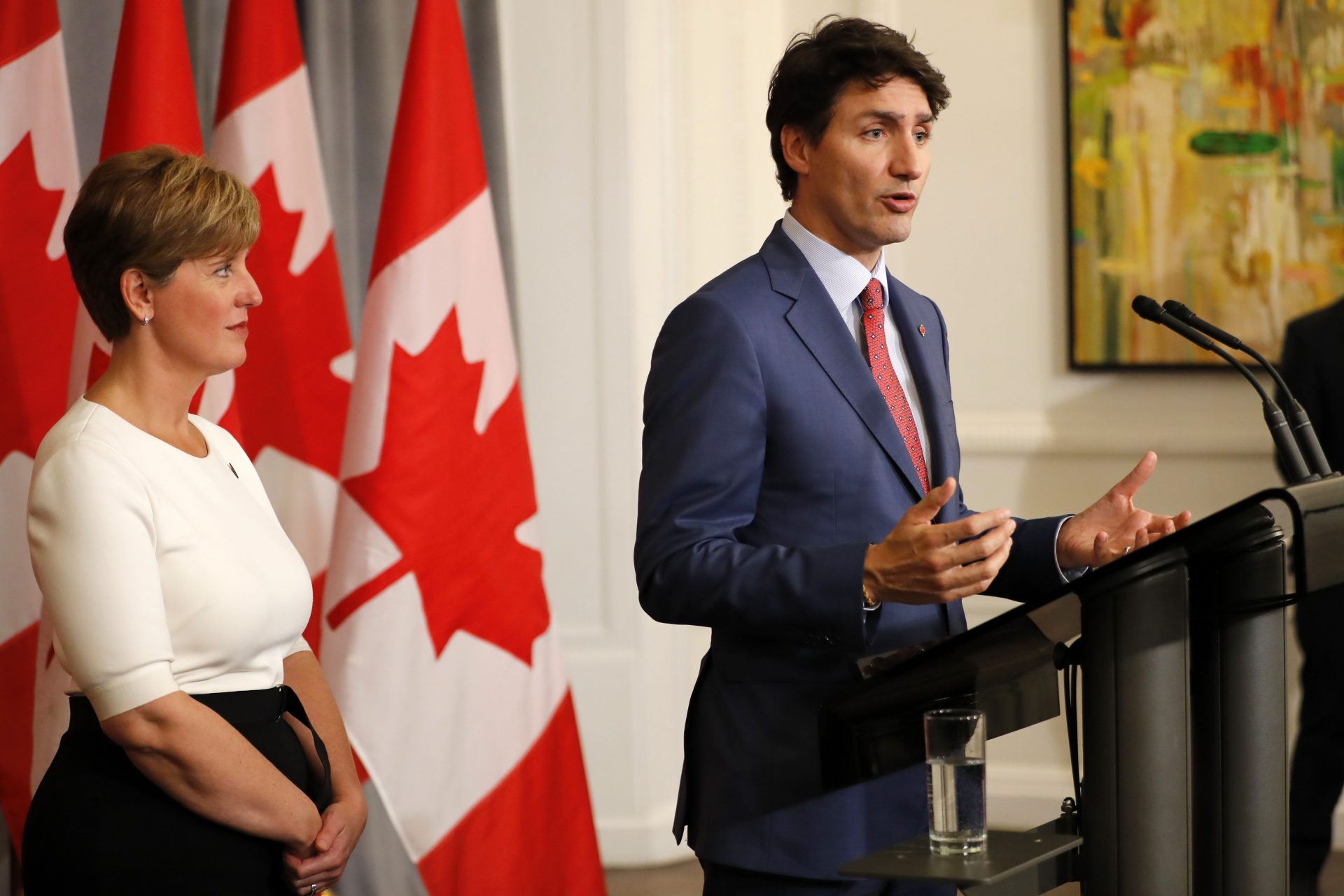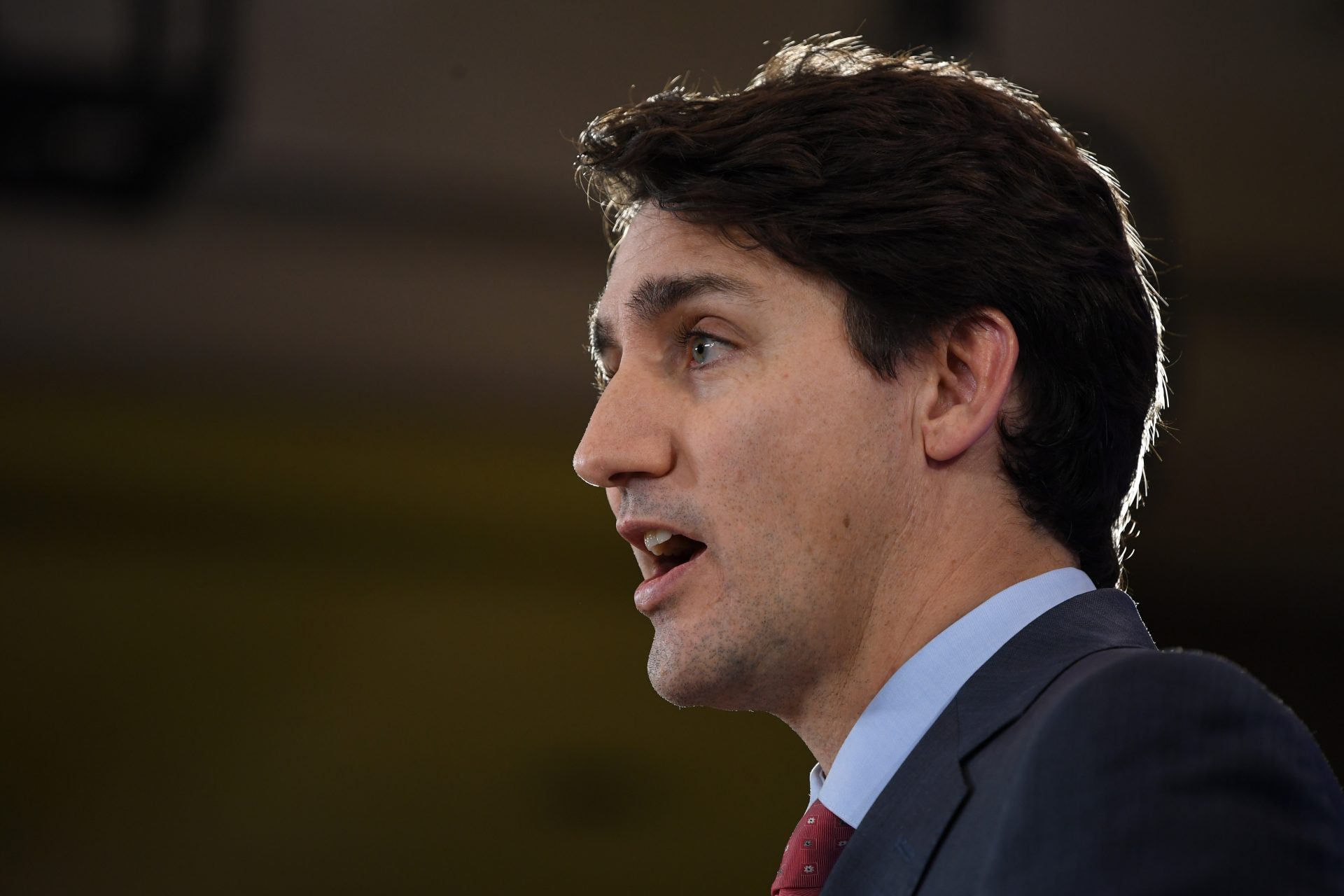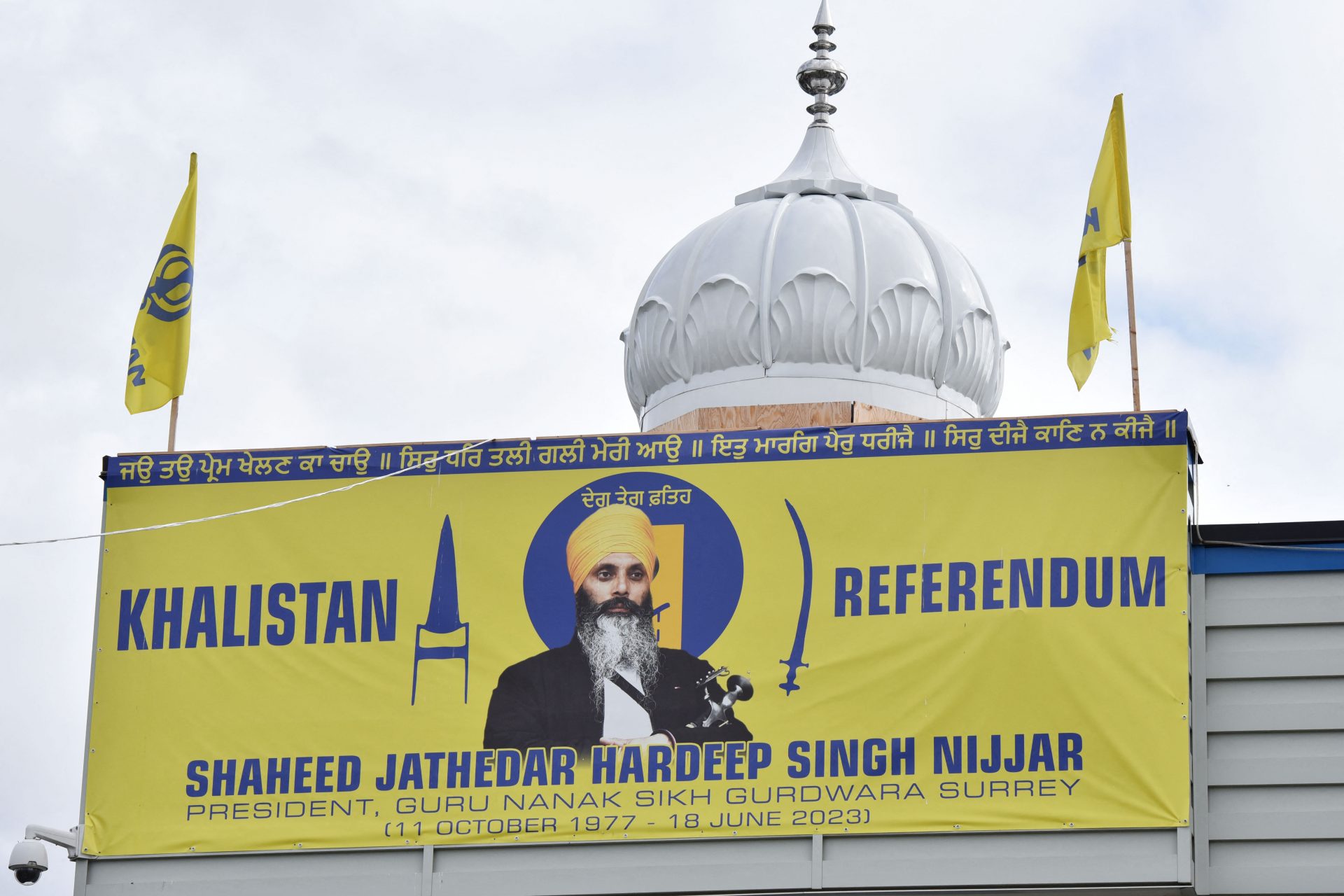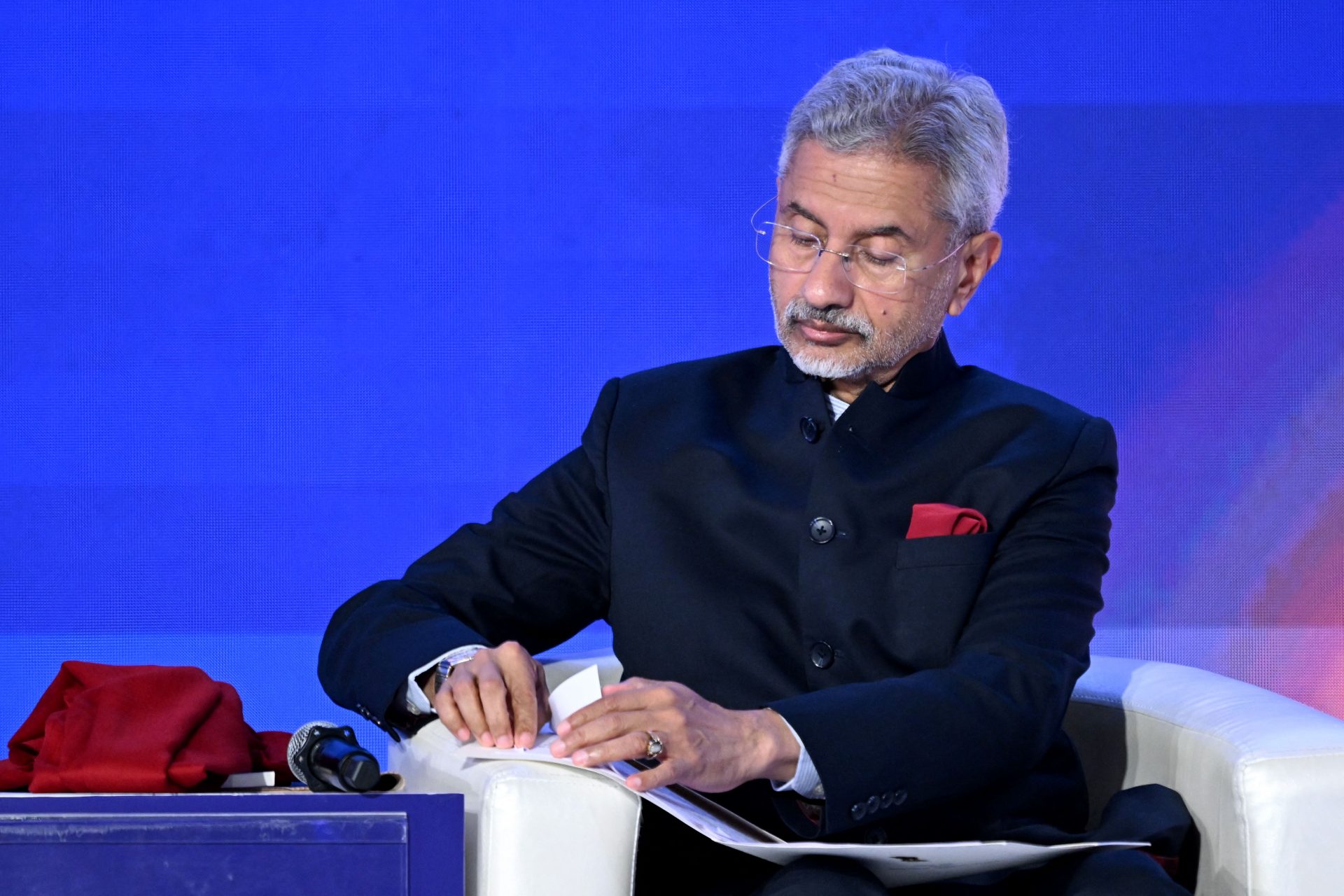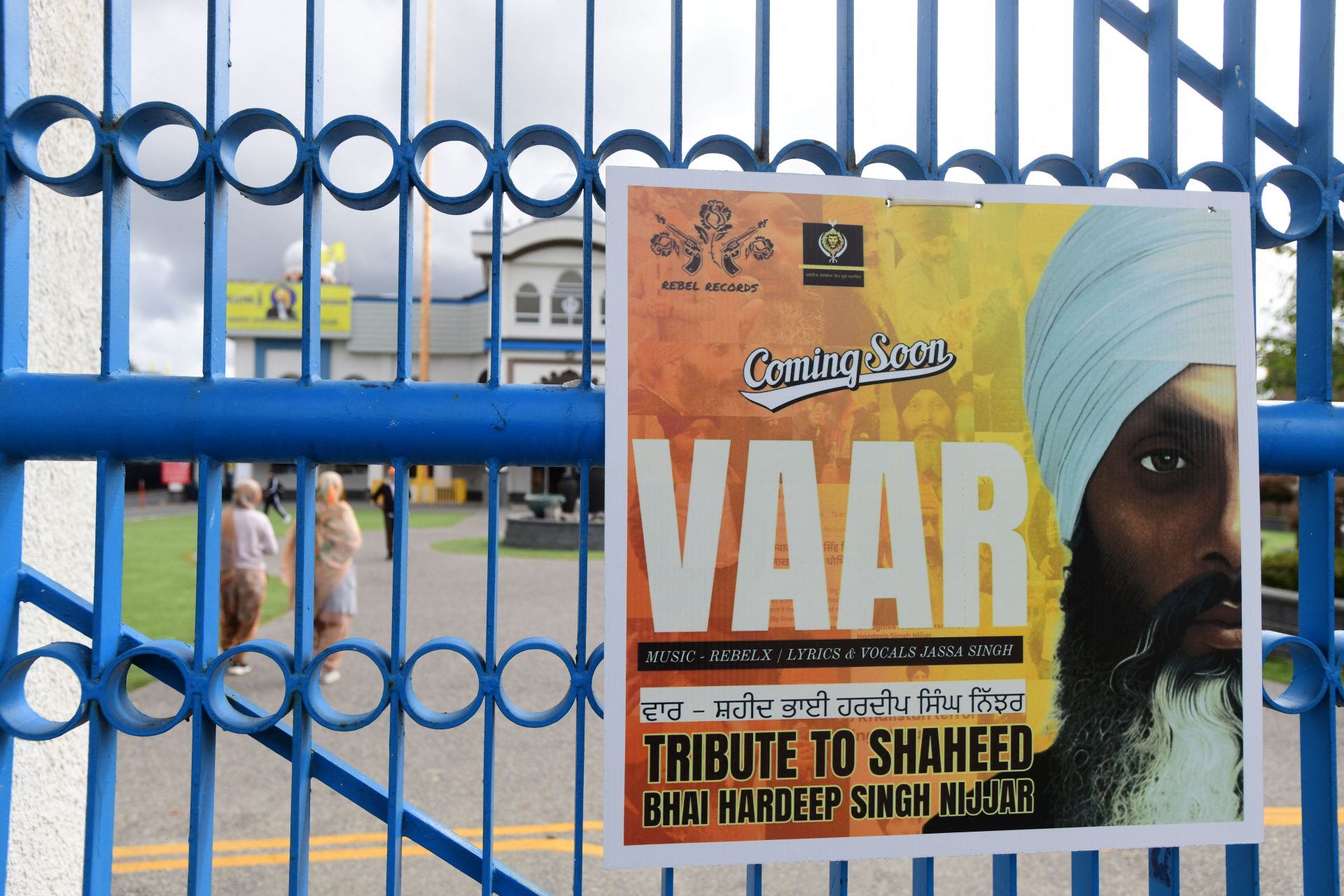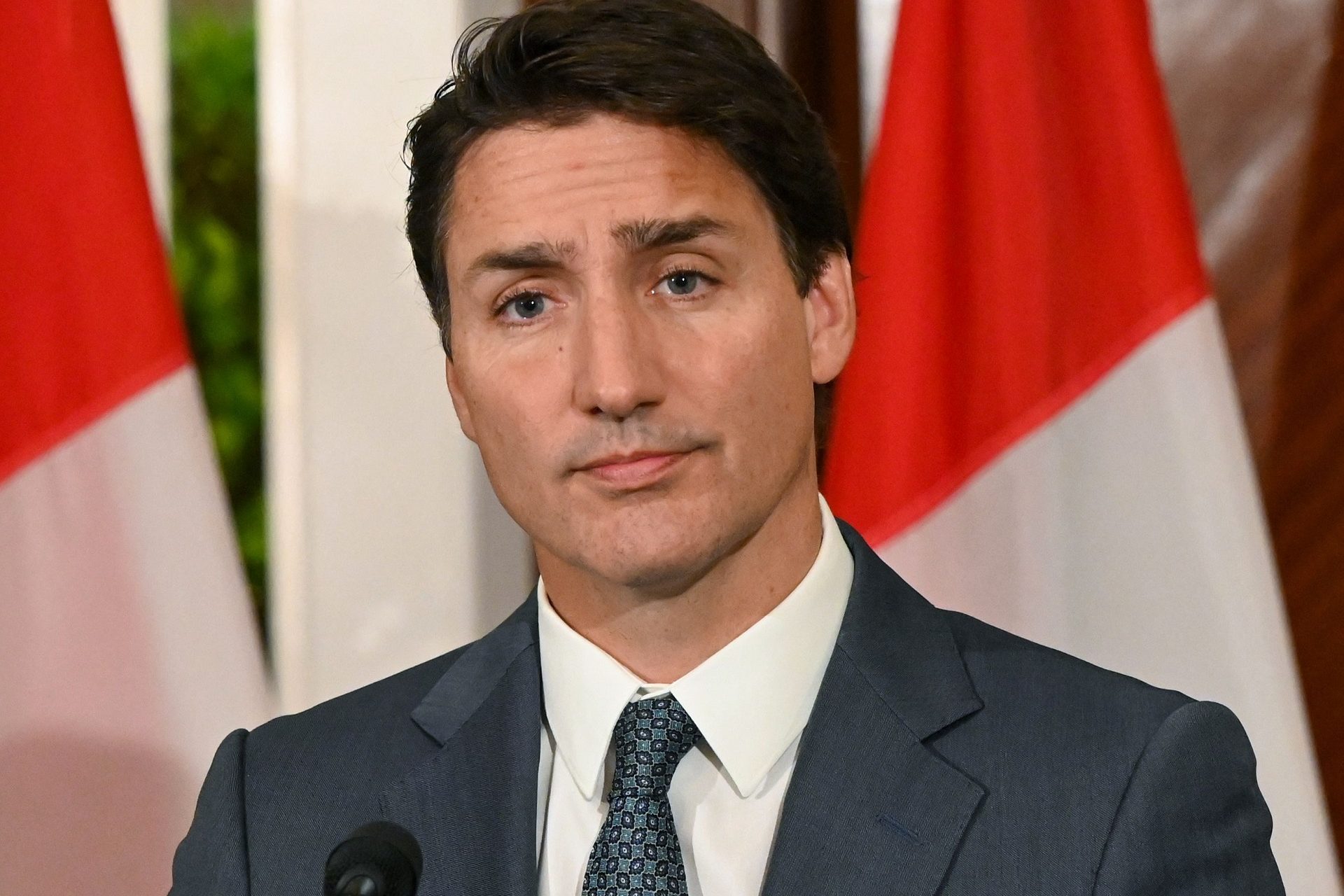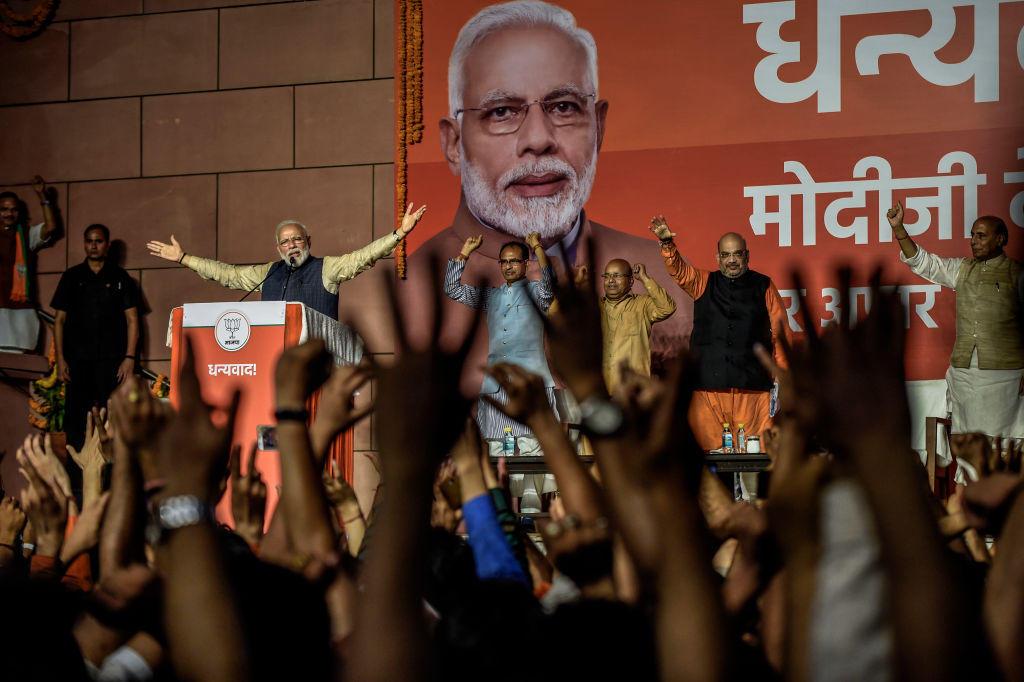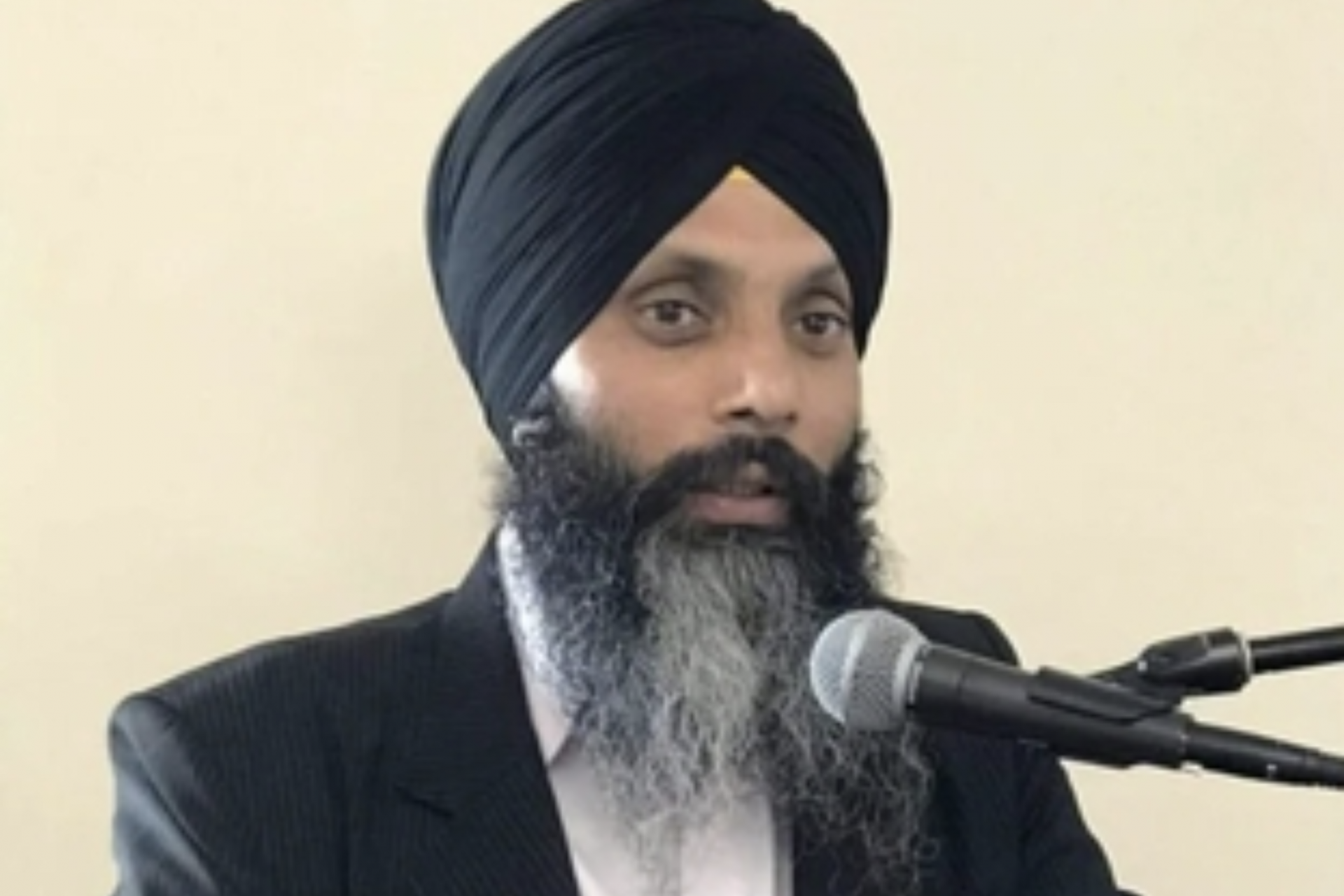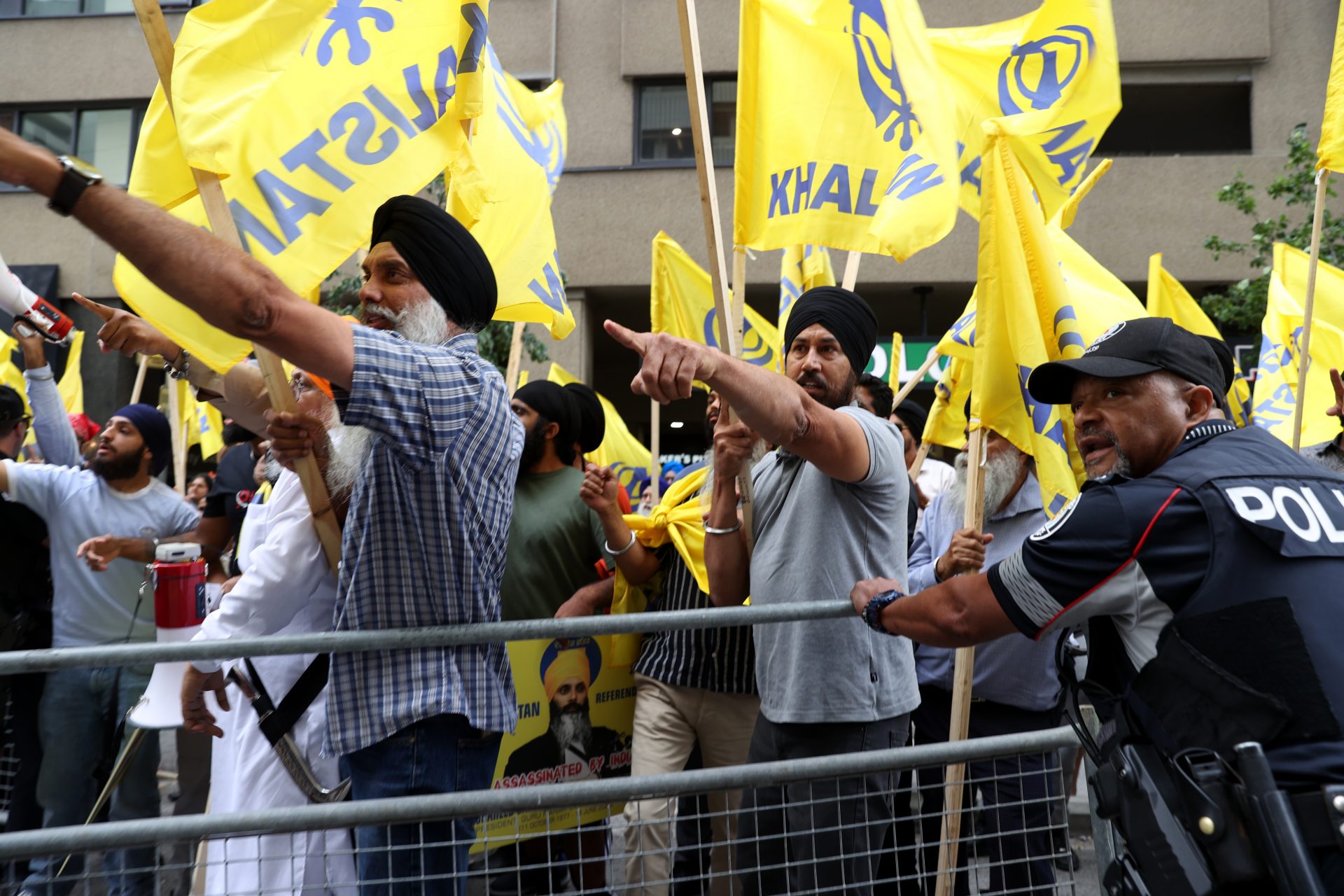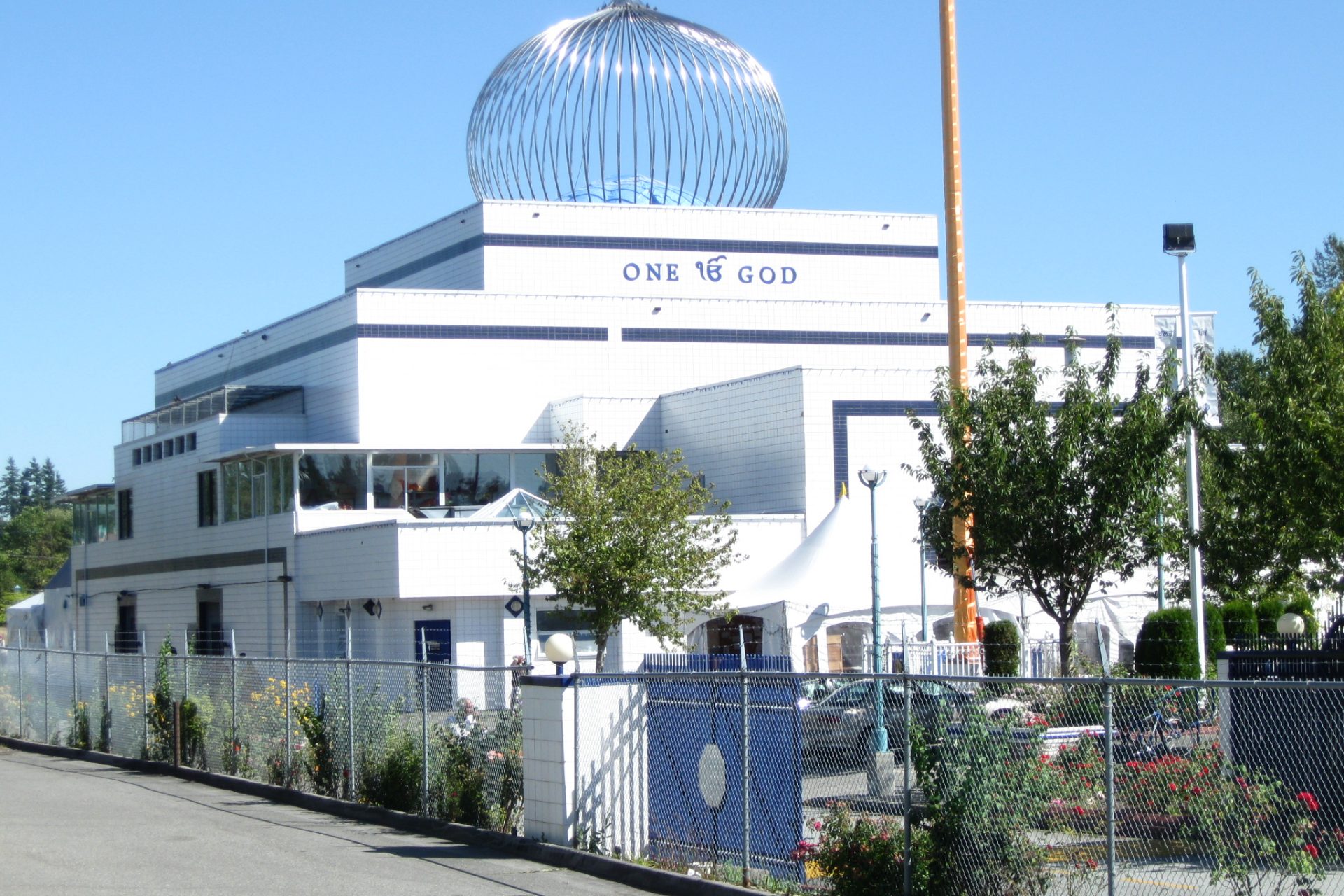Canada’s relations with India are crumbling after Trudeau’s allegations
Relations between Canada and India are crumbling after an astonishing allegation from Prime Minister Justin Trudeau pinned the murder of a Sikh activist and Canadian citizen on agents linked to the Indian government. Here’s what you need to know.
On September 18th, Trudeau told the country’s parliament there was credible evidence that the self-described Sikh nationalist and 45-year-old Canadian citizen Hardeep Singh Nijar was assassinated by the Indian government according to The Guardian.
"Canadian security agencies have been actively pursuing credible allegations of a potential link between agents of the Government of India and the killing of a Canadian citizen, Hardeep Singh Nijjar," Trudeau was quoted as saying by CBC News.
The Prime Minister explained the involvement of any foreign government in the killing of a Canadian citizen on Canadian soil was an “unacceptable violation of our sovereignty” and added that there would be serious consequences if the allegation proved true.
“It is contrary to the fundamental rules by which free, open, and democratic societies conduct themselves,” Trudeau continued. "As you would expect, we have been working closely and coordinating with our allies on this very serious matter,” he added.
A senior official within the government told CBC News that Trudeau had briefed leaders from the country's closest allies, including U.S. President Joe Biden and the U.K. Prime Minister Rishi Sunak. However, Indian officials were quick to diminish the allegations.
In a statement issued shortly after the Prime Minister’s allegation went public, India’s Ministry of External Affairs rejected the claims made by Trudeau and blasted Canada for giving shelter to a man the minister called a terrorist and extremist.
"Such unsubstantiated allegations seek to shift the focus from Khalistani terrorists and extremists, who have been provided shelter in Canada and continue to threaten India's sovereignty and territorial integrity," the statement read.
"The inaction of the Canadian Government on this matter has been a long-standing and continuing concern,” the statement continued. Tensions have boiled over since and both countries have expelled key diplomats in protest of the other's actions.
On September 19th, Trudeau said Canada wasn’t trying to provoke India according to a CNN report but he urged the Indian government in New Dehli to take his claim seriously and ask that they investigate what happened to Hardeep Singh Nijjar.
“We are not looking to provoke or escalate,” Trudeau said. “We are simply laying out the facts as we understand them, and we want to work with the government of India to lay everything clear and to ensure that there is a proper process,” Bloomberg reported.
The situation deteriorated further on September 20th when Indian officials urged caution among Indian citizens living in Canada or planning to visit the country in the future, citing the growing tensions following Trudeau’s allegations against the Indian government.
"In view of growing anti-India activities and politically-condoned hate crimes and criminal violence in Canada, all Indian nationals there, and those contemplating travel, are urged to exercise utmost caution," India's foreign ministry said according to Reuters.
"Given the deteriorating security environment in Canada, Indian students in particular are advised to exercise extreme caution and remain vigilant," the ministry added in a statement. But how could the death of one man cause so maybe problems?
Photo Credit: Unsplash by Redd F
Beyond the fact that Nijjar was a Canadian citizen, he was also the leader of a formerly powerful movement aimed at creating an independent Sikh homeland in India known as Khalistan—the movement that once gripped northern India with violence.
Photo Credit: Wiki Commons
The Associated Press reported that a “decadelong bloody Sikh insurgency shook north India in the 1970s and 1980s” until the movement was crushed by the government, and led to a crackdown that resulted in the deaths of thousands of people and Sikh leaders.
Nijjar was shot just outside the Guru Nanak Sikh Gurdwara temple that he led in June, and at the time Royal Canadian Mounted Police stated Nijjar had been ambushed by masked men but would not say if the attack was politically motivated.
Photo Credit: Wiki Commons
More for you
Top Stories



